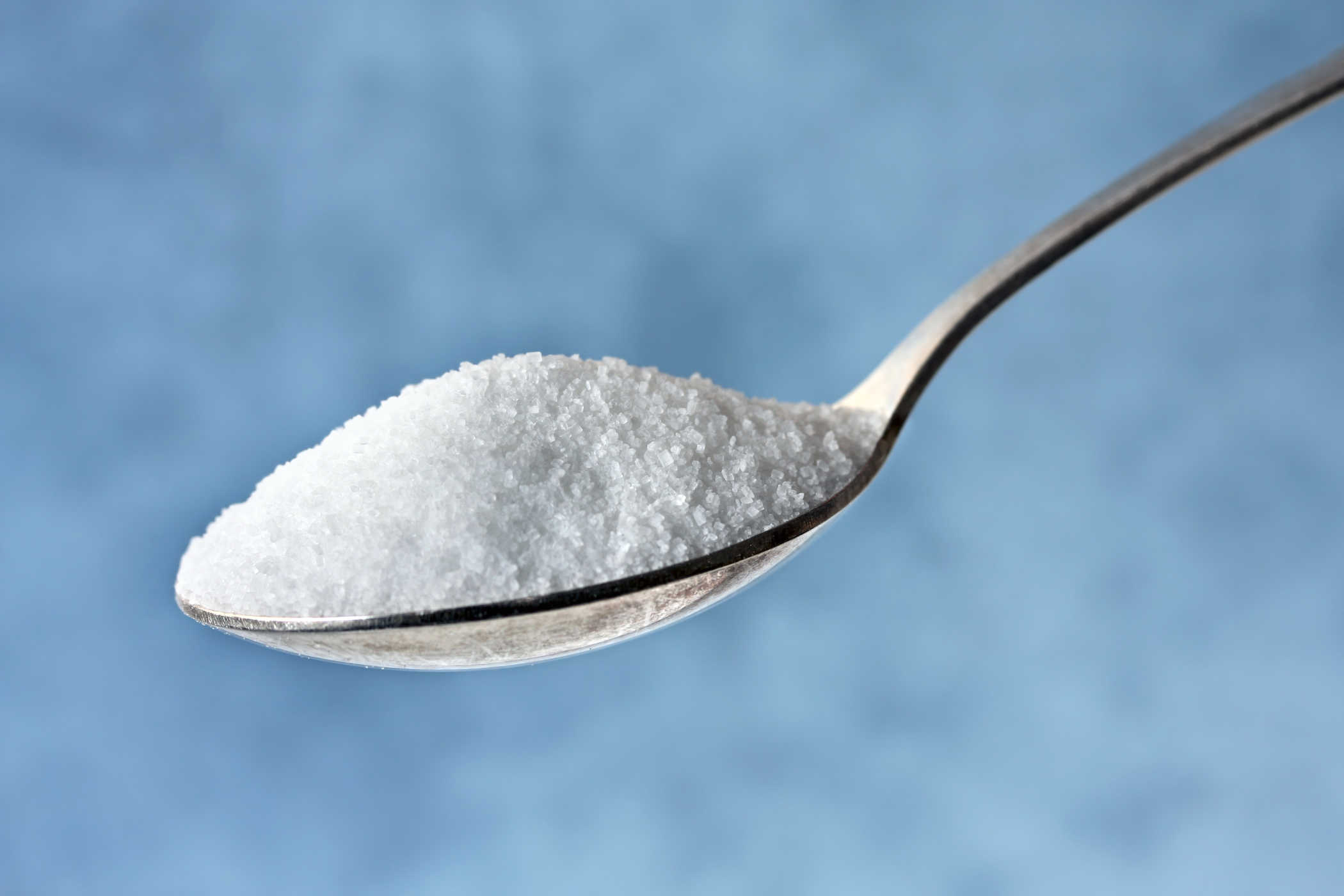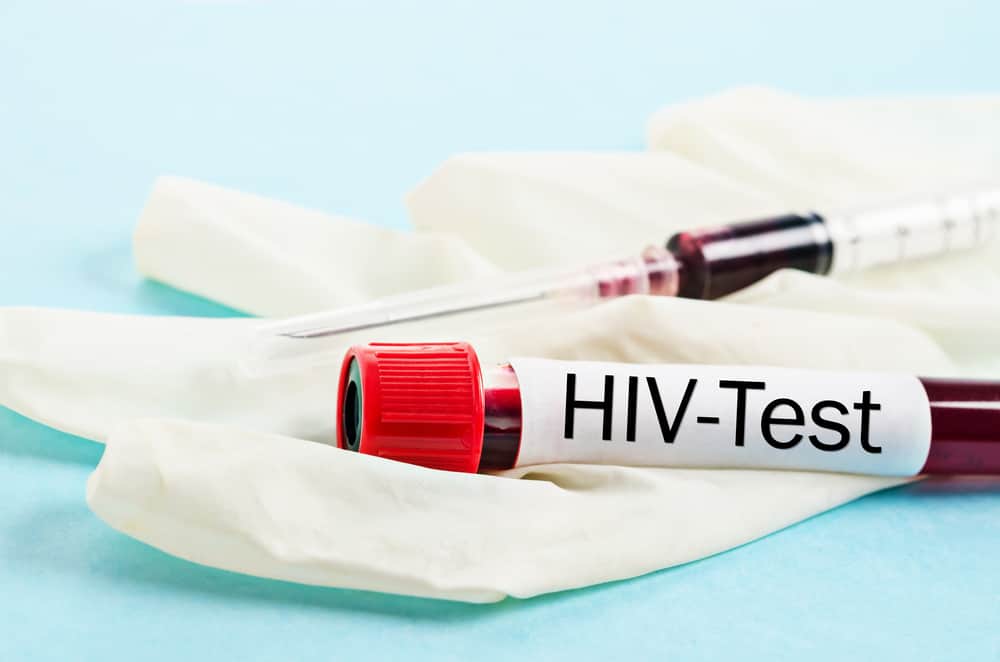Contents:
- Medical Video: How Much Sugar Should I Eat Per Day?
- What is the limit of sugar consumption per day?
- What is the limit of salt consumption per day?
- What is the limit of fat consumption per day?
- What if you consume sugar, salt, and excessive fat?
Medical Video: How Much Sugar Should I Eat Per Day?
Today, you may have often found people around you are overweight. This might be due to poor eating habits. Most people don't notice anything that enters their body through food. Eating whatever is full, many people think that way. This certainly can have a negative impact on health.
One of the things that contributes a lot to the health impact is consumption of sugar, salt, and fat per day. So, you need to know how much sugar, salt, and fat you need per day.
What is the limit of sugar consumption per day?
Sugar is the main energy source in the body, so you need to consume sugar every day. However, many people have an advantage in consuming sugar. In addition, the amount of food and drinks that contain added sugar also supports the excess sugar consumption per day.
Even though according to WHO, your body only needs sugar less than 10% of the total energy intake, equivalent to 50 grams of sugar per day (if your daily energy needs are 2000 calories / day). According to the Indonesian Ministry of Health, the recommended sugar consumption per day by age group is:
- 1-3 years old: 2-5 teaspoons
- Age 4-6 years: 2.5-6 teaspoons
- Age 7-12 years: 4-8 teaspoons
- More than 13 years and adults: 5-9 teaspoons
- Elderly: 4-8 teaspoons
What is the limit of salt consumption per day?
Every time you cook, you add salt to make your food taste more delicious. Not only that, in various packaging foods also contain hidden salt (sodium). So, your salt intake can exceed the requirement per day. Although sodium in salt is actually needed by the body to maintain fluid balance in the body, but excess sodium intake can also be dangerous.
Therefore, you are advised to limit your salt consumption by 5 grams per day (2000 mg sodium) or equivalent to 1 teaspoon per day for adults. For younger ages or children, there is less salt per day than adults.
What is the limit of fat consumption per day?
Fat is also actually needed by the body. Fat is also a source of energy for the body, also needed for regulation of hormones and genes, brain function, and absorption of fat-soluble vitamins. The fat in your food makes the taste of food more delicious. This makes you like to eat fatty foods because they are more delicious. So, it is not realized that your fat consumption is excessive.
WHO recommends fat intake not more than 30% of total energy intake per day. This is equivalent to 67 grams of fat per day, if your total energy needs per day are 2000 calories. Or, equivalent to 5-6 tablespoons of oil per day.
Actually, in Indonesia alone the Ministry of Health has issued recommendations for limits on consumption of sugar, salt and fat. This consumption limit is called G4G1L5 to be easily remembered by many people. G4G1L5 is a limit of 4 tablespoons / day of sugar consumption, 1 teaspoon / day of salt, and 5 tablespoons / day of fat. G4G1L5 is intended for adults to prevent the risk of Non-Communicable Diseases (PTM).
What if you consume sugar, salt, and excessive fat?
Excessive intake of sugar, salt, and fat can cause you to gain weight, which can lead to Non-Communicable Diseases (PTM), such as diabetes, high blood pressure, heart disease, cancer.
As you already know, excessive sugar intake for a long time can cause a person to gain weight or obesity. This increases the risk of developing diabetes. Uncontrolled diabetes can then cause heart disease and kidney disease.
If you have excess salt intake, this can increase your risk of experiencing high blood pressure, heart disease, and also strokes. Likewise with excess fat intake which can cause fat buildup in the body, which can then cause the formation of plaques in blood vessels. So, this causes the blood vessels to narrow, and ultimately can cause heart disease.












